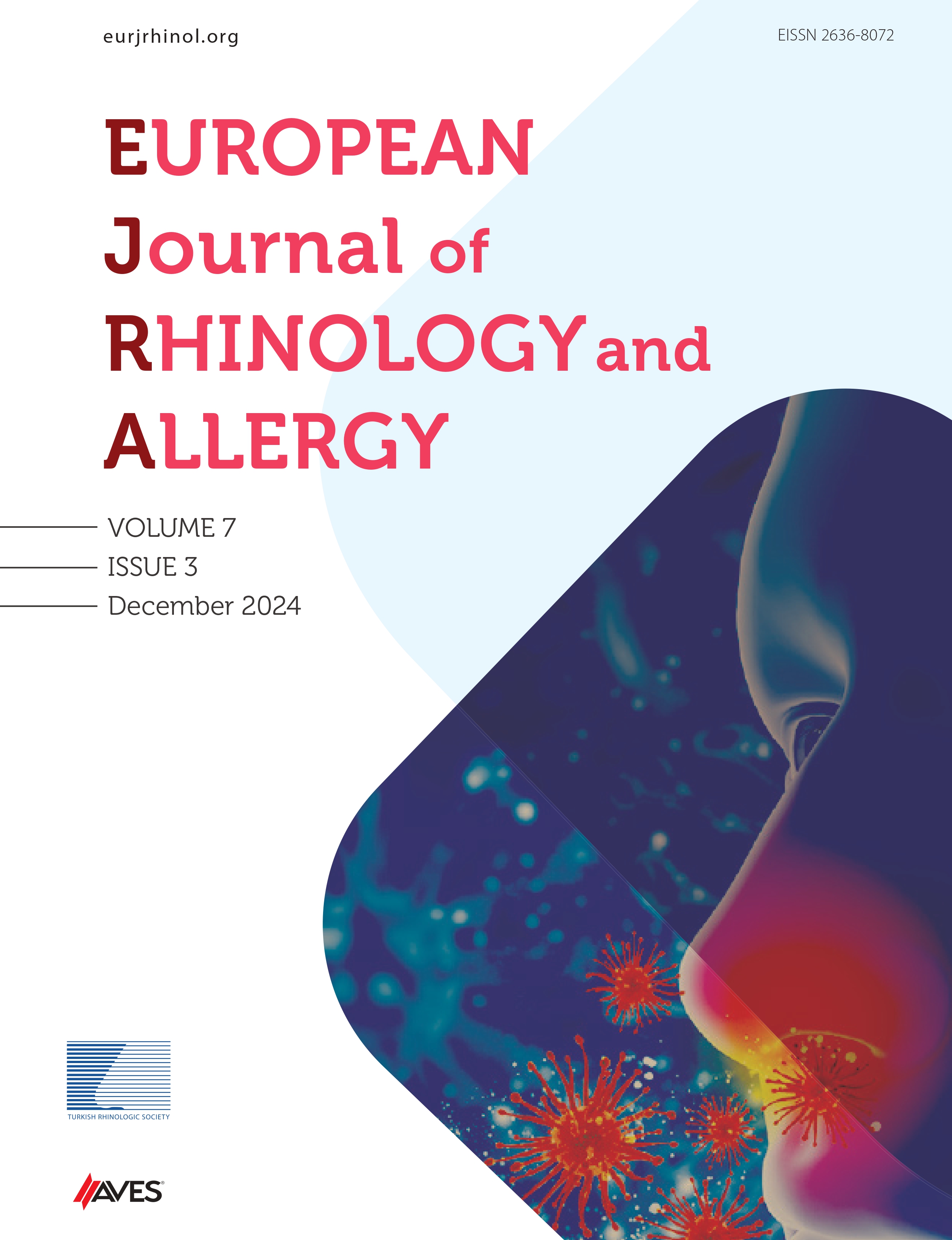Objective: This study aimed to discuss perspectives of the 2016-2018 Turkish Otorhinolaryngology Head and Neck Surgery Society Rhinology-Rhinoplasty-Allergy and Sleep School (RS) postgraduate training and education.
Material and Methods: This was a retrospective analysis of aspects related to the postgraduate rhinology training and education of students admitted to the RS for the 2016-2018 education periods. The following data was collected and reviewed: criteria for student admission to the school, student age and gender, institution of practice, qualification document status, training course content, pre-test, and post-test results, place of training activities in the total time, sites for clinic visitations and their durations, educational activities carried out during the visitations and student feedback.
Results: Fifteen students were accepted in the two consecutive semesters. The academic program of the RS comprised four days of lectures, a day of cadaver dissection, and five days of clinic visitations. The average scores of the feedback received for lectures were 3.95/5 and 4.05/5 for each semester, respectively. Regarding the correct result ratio for pre- and post-test students presented was a statistically positive change in the level of knowledge (p=0.001).
Conclusion: The training program of the RS, conducted by Otorhinolaryngology Schools (ORL-S), has contributed to the process of obtaining information on the day of training and was evaluated positively by the participants. The student presented positive feedback about the full curriculum, however revealed some organizational drawbacks. The main outcome, the impact on behavioral change, has not been evaluated and it has been observed that rhinology school education is not sufficiently structured to evaluate this. The sustainability of the training appears to be an important concern that needs to be addressed.
Cite this article as: Ecevit MC, Eren E, Özer S. Perspectives on Rhinology Postgraduate Training and Education. Eur J Rhinol Allergy 2020; 3(2): 39-43.

.png)

.png)